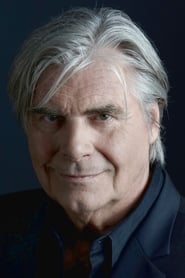Everything must change, thought Hermann Hesse. In the spring of 1919, he packed his bags and left for Ticino. The horror of the First World War had thrown him off course. The poet hoped that the climate and light of the south would give him a new lease on life and creative energy beyond the confines of bourgeois conventions. With the story Klingsors letzter Sommer (Klingsor’s Last Summer), Hesse wrote himself into a summer-long intoxication that was unprecedented for him. At the precipice, however, doom and death await.
Vote Now!


